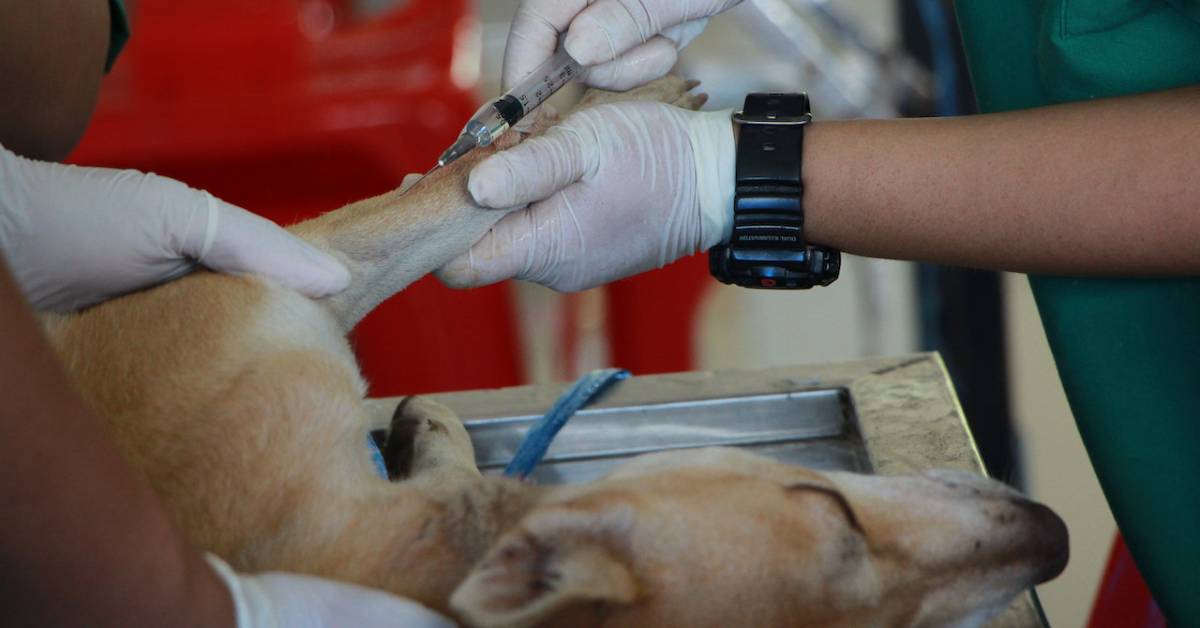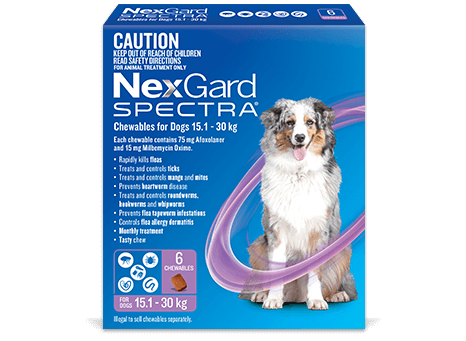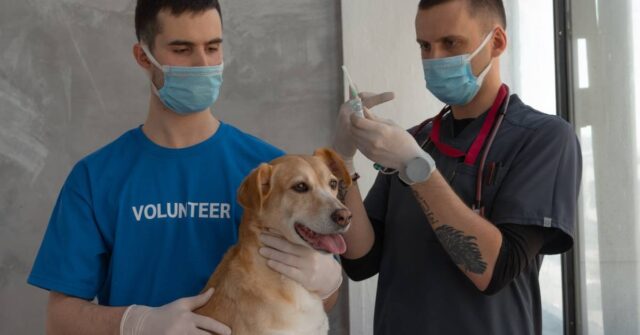Welcome to this comprehensive guide on the importance of spaying or neutering your dog. If you’re an Australian dog owner looking for detailed insights into this subject, you’re in the right place.
Introduction
Spaying and neutering are surgical procedures that prevent dogs from reproducing.
While these operations are common in many countries, they have unique significance and legal implications in Australia.
Let’s delve deeper into why every responsible dog owner should consider spaying or neutering their pets.
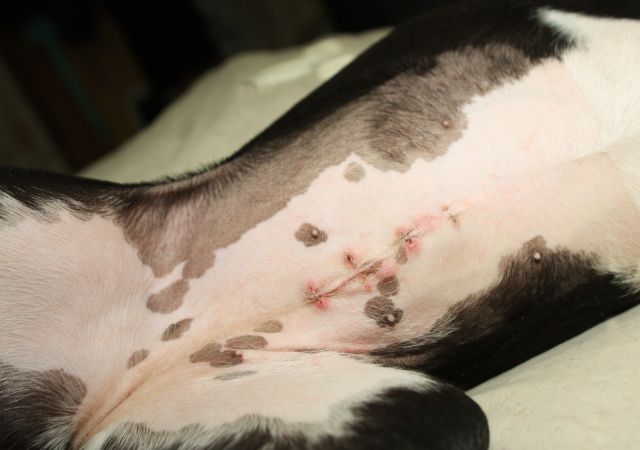
What is Spaying/Neutering?
Spaying refers to the removal of reproductive organs in female dogs, while neutering involves the removal of testicles in male dogs.
These procedures are generally safe, and quick, and can have numerous benefits for your dog’s health and well-being.
Why This Topic Matters for Australian Dog Owners
In Australia, there are specific laws and cultural norms around pet ownership that make spaying and neutering particularly relevant.
From controlling the stray population to complying with local regulations, understanding the importance of these procedures is crucial for Aussie dog owners.
The Legal Context in Australia
Now let’s look at the legal framework surrounding spaying and neutering in Australia, which varies by state and territory but generally encourages or mandates these procedures for pet owners.
Current Laws and Regulations
Many Australian states require pets to be microchipped and registered, and some even offer reduced registration fees for desexed animals.
In certain areas, spaying or neutering is mandatory unless you have a breeder’s license.
Legal Benefits of Spaying/Neutering
Complying with spay/neuter regulations can help you avoid fines and legal complications. In addition, having a desexed pet often simplifies the process of pet registration and can result in discounted fees.

Health Benefits
Perhaps one of the most compelling reasons to spay or neuter your dog is the range of health benefits associated with these procedures. Let’s explore them.
Longevity and Quality of Life
Studies have shown that spayed or neutered dogs generally live longer, healthier lives than those that do not have the operation.
They are less likely to roam, fight, or get into dangerous situations, thus reducing the risk of injury or premature death.
Reduced Risk of Certain Illnesses
Spaying and neutering can also lower the risk of certain types of cancers and infections. For example, spaying a female dog before her first heat cycle significantly reduces the risk of mammary cancer.
Neutering male dogs can prevent testicular cancer and certain prostate issues.
Behavioural Improvements
Many dog owners find that their pets are calmer and less aggressive after being spayed or neutered. This can lead to a more fulfilling and less stressful relationship between the dog and its human companions.

Environmental Impact
Spaying and neutering your dog can also have a positive impact on the environment, particularly in terms of animal population control and the ecosystem. Here’s how.
Controlling the Stray Population
One of the most direct environmental benefits of spaying or neutering is the reduction of unwanted litters, which consequently lowers the number of stray or euthanized animals.
Australia already has a significant stray dog issue, and controlling the population helps both animals and humans.
Benefits to Local Wildlife
By controlling the dog population, we can also better protect native Australian wildlife. Stray dogs can be predatory and their unchecked numbers pose a risk to smaller animals and even plant species.
Cost-Benefit Analysis
Many dog owners hesitate to spay or neuter their pets due to concerns about the cost. However, when you consider the long-term financial implications, the procedure often pays for itself. Let’s break it down.
Initial Costs of the Procedure
Spaying or neutering can cost anywhere from $200 to $500, depending on the veterinarian and the specific needs of your dog.
While this is a significant upfront expense, it’s a one-time cost that can save you money in the long run.
Long-Term Financial Benefits
Unplanned litters can be expensive to care for, and untreated health issues related to reproductive organs can result in costly medical bills down the line.
Additionally, some local councils offer reduced registration fees for desexed pets, which can accumulate into substantial savings over the years.
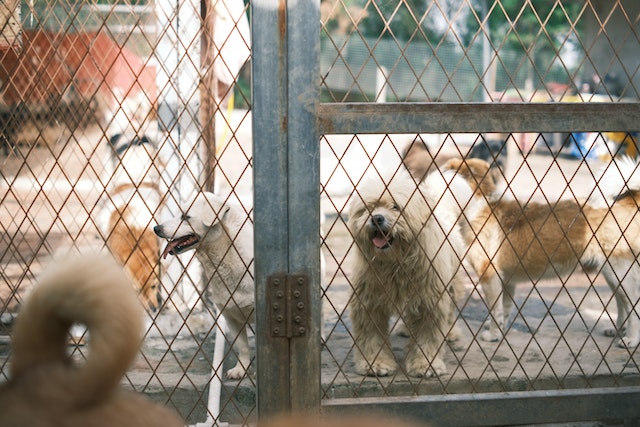
Common Misconceptions
Despite the clear advantages, some misconceptions about spaying and neutering continue to circulate. Let’s dispel some of these myths.
Myth: It’s Better to Let Your Dog Have One Litter First
This outdated notion has been debunked by veterinary science. There’s no health or behavioural advantage to let a female dog have a litter before spaying. In fact, doing so only contributes to the overpopulation problem.
Myth: Spaying/Neutering Causes Weight Gain
While it’s true that metabolism may slow down after the procedure, any subsequent weight gain is typically the result of overfeeding and lack of exercise, not the surgery itself.
Myth: The Procedure Is Too Risky
Spaying and neutering are routine surgeries and complications are rare, especially when performed by a reputable veterinarian.
The risks associated with not having the procedure—such as certain cancers and infections—are usually far greater.
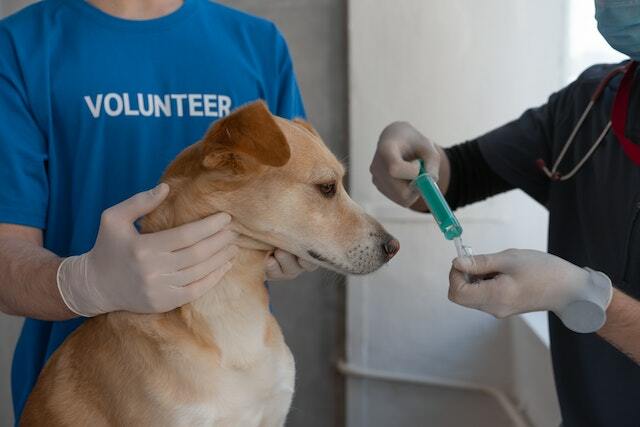
Case Studies in Australia
Real-world examples can provide valuable insights into the benefits of spaying and neutering. Here are some Australian case studies that show the positive impacts of these procedures.
Success Stories of Responsible Dog Ownership
Meet Sarah from Melbourne, who opted to spay her female Border Collie, Bella, before her first heat cycle.
Not only did Bella recover quickly from the procedure, but she also never experienced any of the health issues related to reproductive organs that are common in older, unspayed dogs.
Sarah also enjoyed reduced council registration fees for having a desexed pet.
Another example is Tim from Brisbane who had his male Golden Retriever, Max, neutered.
He found Max to be calmer and less prone to wandering off, making walks and outdoor activities much more enjoyable for both.
Choosing the Right Time and Veterinarian
Selecting when to spay or neuter your pet, as well as who should perform the surgery, is a crucial part of the process. Let’s look at how to make these important decisions.
When to Spay/Neuter
Although spaying and neutering are generally recommended for puppies between six and nine months old, adult dogs can also undergo the procedure.
Consult your veterinarian for personalized advice based on your dog’s breed, age, and health.

Finding a Reputable Veterinarian
Choose a licensed veterinarian with experience in spay and neuter procedures.
Ask for recommendations from friends or local pet organizations, and don’t hesitate to ask potential vets about their qualifications and success rates.
Post-Procedure Care
Aftercare is critical for a quick and smooth recovery. Here’s what you need to know.
What to Expect After the Surgery
Your dog will need a quiet space to recover and may require medication for pain relief. Some lethargy and reduced appetite are normal for the first 24 to 48 hours post-surgery.
Tips for a Smooth Recovery
Follow your veterinarian’s aftercare instructions carefully, including keeping the incision site clean and restricting your dog’s activity level for a period of time.

Conclusion
We’ve covered a lot of ground, but the key takeaway is that spaying or neutering your dog is a responsible choice that has numerous benefits for you, your pet, and the Australian community.
Summing Up the Importance
From health and behavioural improvements to legal benefits and environmental impact, the advantages of spaying or neutering are far-reaching. It’s not just an option—it’s a responsibility for every dog owner.
Final Thoughts for Responsible Dog Ownership
Spaying or neutering is a one-time procedure that offers lifelong benefits. As a responsible dog owner in Australia, taking this step is part of providing a safe, healthy, and fulfilling life for your pet.
Frequently Asked Questions
To round off this comprehensive guide, here are some frequently asked questions that dog owners often have when considering whether to spay or neuter their pets.
Is Age a Factor for Spaying/Neutering?
While younger dogs generally recover faster, age is not a definitive barrier to the procedure. Consult your vet for advice tailored to your dog’s specific needs.
What Are the Risks Involved?
As with any surgical procedure, there are risks, but they are minimal when the operation is performed by a qualified veterinarian. The benefits typically outweigh any potential drawbacks.
Is Spaying/Neutering Reversible?
These procedures are permanent and irreversible. If you’re considering breeding your dog, consult with a veterinarian and consider all the responsibilities and risks involved in the decision.

